New research has proven mosquitoes prefer to bite some people more than others. In a feature by WebMD, Jerry Butler, PhD, professor emeritus at the University of Florida posited that “1 in 10 people are highly attractive to mosquitoes”.
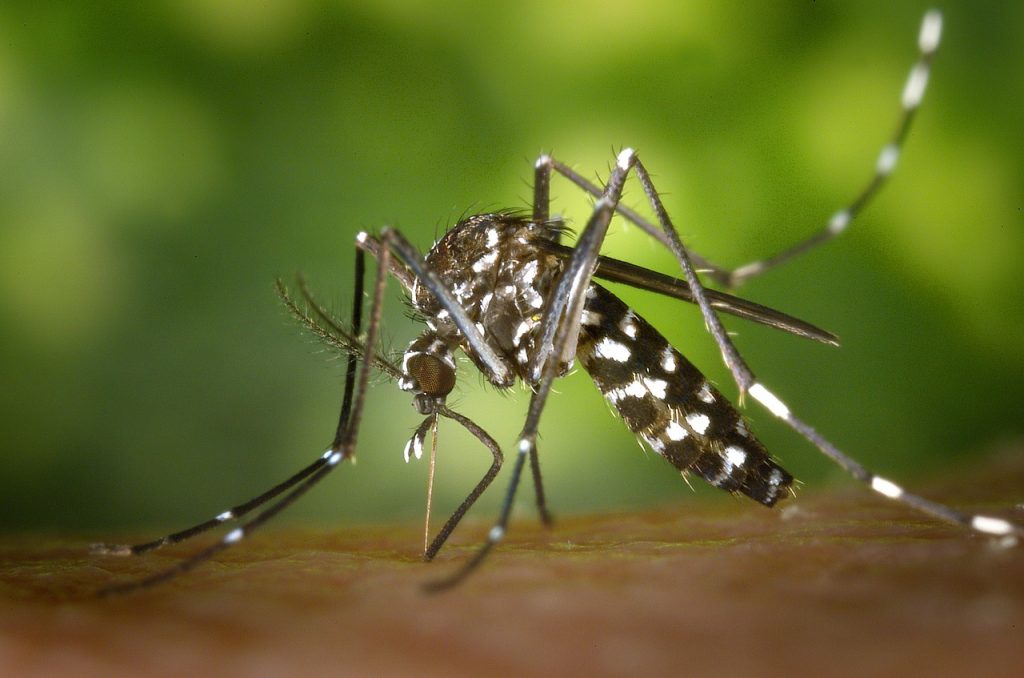
Mosquito Facts:
Mosquitoes don’t suck blood for food. Only females bite people because they need proteins from human blood to develop fertile eggs and create more mosquito babies. They can smell attractive blood from an impressive distance of up to 50 meters.
-
Blood Type
A study found that people with Type O blood are 83% more likely to be bitten by mosquitoes. People with Type A blood are least likely to become mosquito prey, while those with Type B blood are kind of in the middle.
85% of people produce a secretion that signals their blood type, making them more obvious prey for mosquitoes compared to the non-secretors, regardless of blood type.
-
More likely to bite you if you are emitting higher levels of CO2.
This has to do with your metabolic rate, or the amount of carbon dioxide (CO2) released from your body as it burns energy.
Larger people tend to exhale more and give off more carbon dioxide, which is why mosquitoes prefer to go for them. Statistics also show men are also more likely to be bitten by mosquitoes compared to women, as well as obese or overweight people due to their larger body size and relative heat.
According to a study done in Africa, pregnant women are twice as likely to attract mosquitoes compared to their non-pregnant peers because they give off a greater amount of CO2. In fact, a 2002 study found that women in the later stages of pregnancy exhale 21% more CO2 than non-pregnant women, making them even more noticeable to the pests.
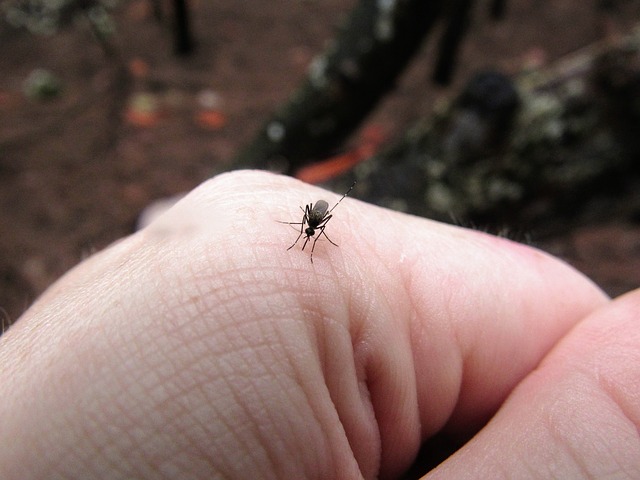
-
Attracted to a raised metabolic rate aka: body warmth
You’re more likely to get bitten by mosquitoes after going to the gym! Mosquitoes are attracted to lactic acid, a compound produced by the body after working up a sweat.
A raise in your body’s metabolic rate which happens when we exercise the body experiences a heat increase.
Drinking alcohol also raises your metabolic rate and your body temperature, making you very appealing to mosquitoes.
-
Oddly enough, mosquitoes are attracted to red or dark-colored clothing
Apart from smell, mosquitoes also rely on sight to spot their prey. Red makes you a prime target, as well as dark colors such as black and blue.
Dr. Jonathan Day, a medical entomologist and mosquito expert at the University of Florida, explained, “Mosquitoes have problems flying in even a slight wind, and so they keep close to the ground. Down there, **they spot hosts by comparing your silhouette to the horizon. Dark colors stand out, while light shades blend in.”
-
Mosquitoes also target people who produce excess amounts of certain acids, such as uric acid.
People who produce excess amount of certain acids (e.g. lactic acid, uric acid) and/or have higher concentrations of steroids and cholesterol on their skin surface tend to attract mosquitoes. This does not necessarily mean that mosquitoes prey on those with high cholesterol. Rather, these people naturally metabolize and process cholesterol faster than others, the byproducts of which remain on the skin’s surface.
So what can you do to keep the mosquitoes at bay? Don’t turn to chemicals, try a natural repellent:
Citronella
Use only pure essential oil of citronella.
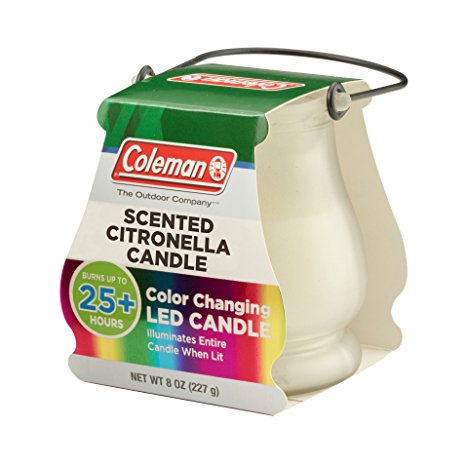 Get Coleman Color Changing LED Citronella Outdoor Scented Candle here on Amazon!
Get Coleman Color Changing LED Citronella Outdoor Scented Candle here on Amazon!
Garlic
Eat lots of fresh garlic or take it in capsules—mosquitoes can’t stand the stuff.
Lavender
Lavender essential oil smells great and is a commonly used and effective mosquito repellent. It’s best diluted in a carrier oil like apricot kernel, sweet almond or coconut oil. If you can find organic soy oil, it is also a good option since it also keeps mosquitoes at bay.
Neem oil or neem seed oil
According to a study by the US National Research Council neem oil is more effective than DEET. The results were confirmed by scientists at the Malaria Institute in India and in research cited in the Journal of the American Mosquito Control Association. Neem is a plant that grows in India.

 Get Pure Encapsulations – GarliActive – High-Allicin, Odor-Controlled, Buffered Garlic Supplement – 60 Capsules here on Amazon!
Get Pure Encapsulations – GarliActive – High-Allicin, Odor-Controlled, Buffered Garlic Supplement – 60 Capsules here on Amazon!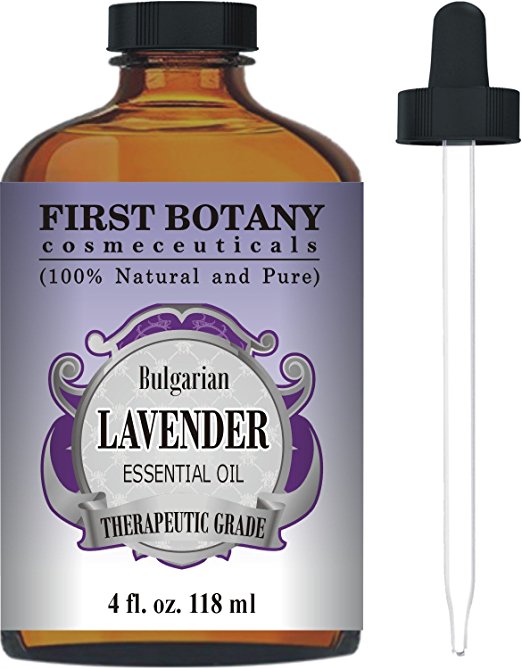 Get First Botany Cosmeceuticals Bulgarian Lavender Essential Oil with a Glass Dropper, 4 oz here on Amazon!
Get First Botany Cosmeceuticals Bulgarian Lavender Essential Oil with a Glass Dropper, 4 oz here on Amazon!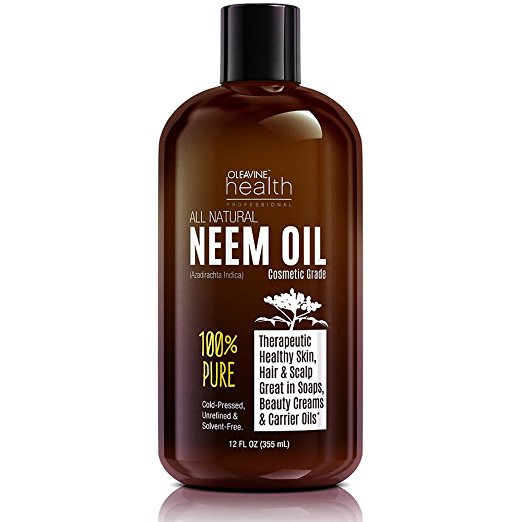 Get Neem Oil Organic & Wild Crafted Pure Cold Pressed Unrefined Cosmetic Grade 12 oz for Skincare, Hair Care, and Natural Bug Repellent here on Amazon!
Get Neem Oil Organic & Wild Crafted Pure Cold Pressed Unrefined Cosmetic Grade 12 oz for Skincare, Hair Care, and Natural Bug Repellent here on Amazon!


